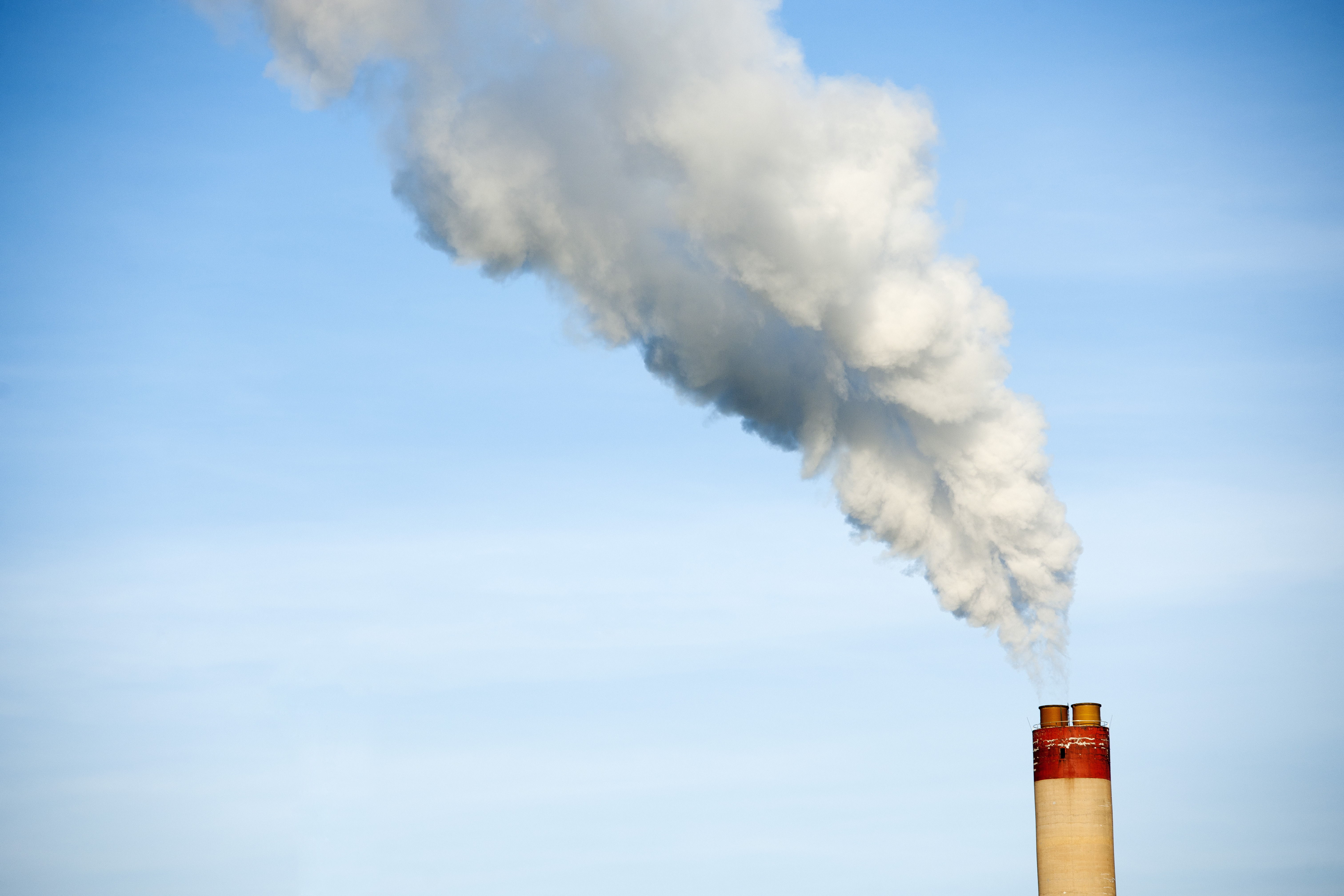EU agrees on implementation of carbon border tariff

The European Parliament and European Council reached a preliminary agreement on Tuesday morning on a mechanism to green industrial imports to the European Union. Companies will have to pay a 'carbon border tariff' on imports to the EU according to their carbon emissions.
The new Carbon Border Adjustment Mechanism (CBAM) should align the price to be paid for carbon emissions from products covered by the European Emissions Trading Scheme (ETS) with that of imported goods. The sectors concerned are iron and steel, cement, aluminium, fertilisers, electricity and also hydrogen, according to the press releases from the European Parliament and the European Council.
The carbon border tariff should protect European companies from competition from third countries, which have fewer or sometimes no emission restrictions.
It is not a tariff in the strict sense of the word. Specifically, companies importing to the EU will be required to buy CBAM certificates to eliminate the difference in the 'carbon price' between the country of production and that in Europe. The tax should encourage non-member countries to raise climate ambitions, it sounds.
The carbon border tariff is designed in line with World Trade Organisation (WTO) rules. It would take effect on 1 October 2023, albeit with a transition period during which the importer would only be required to report it. The length of the transition period and full operation of CBAB are still subject to negotiations later this week.
© Belga